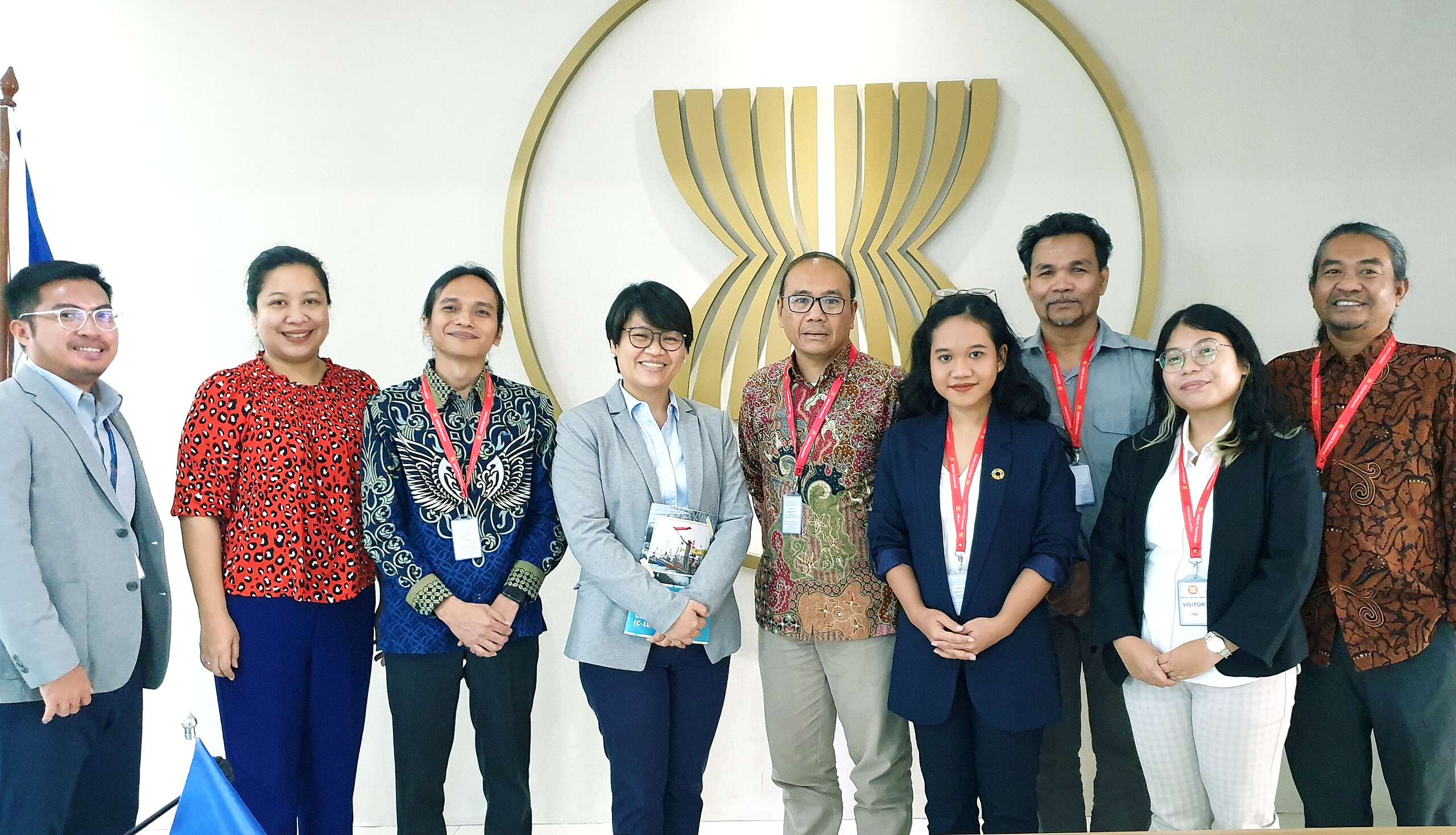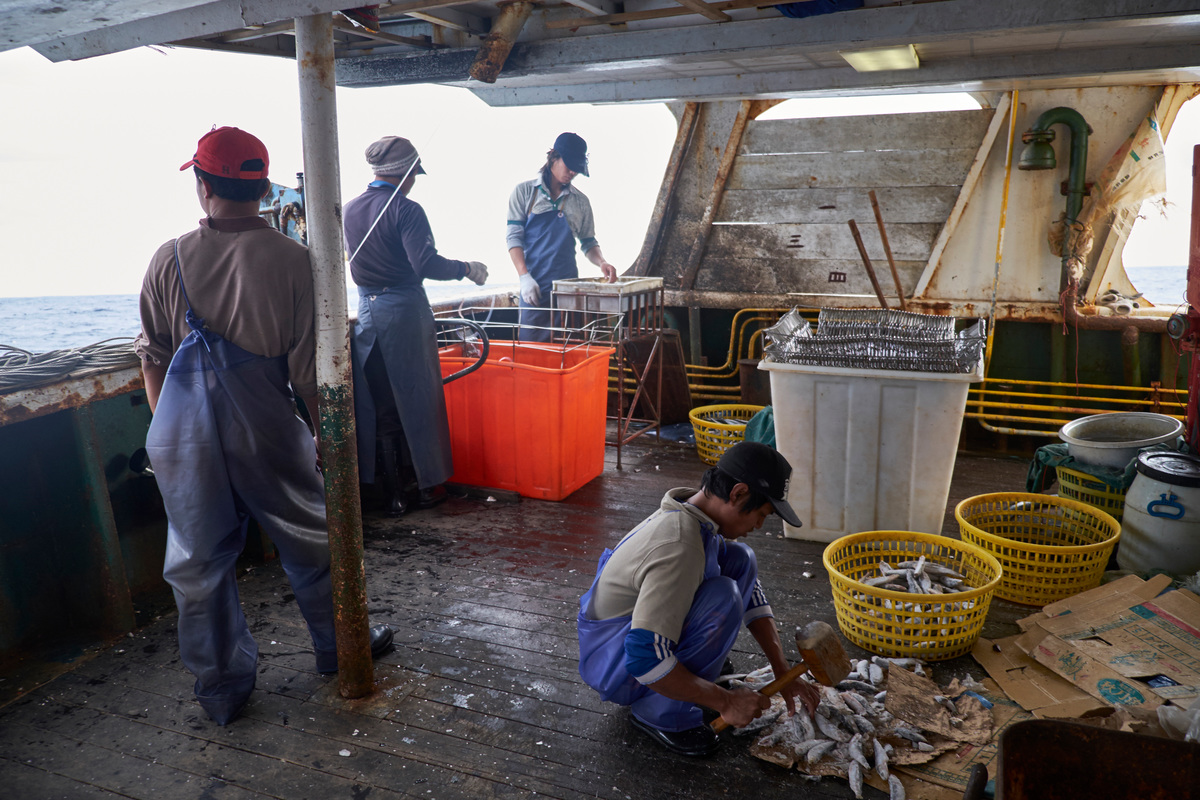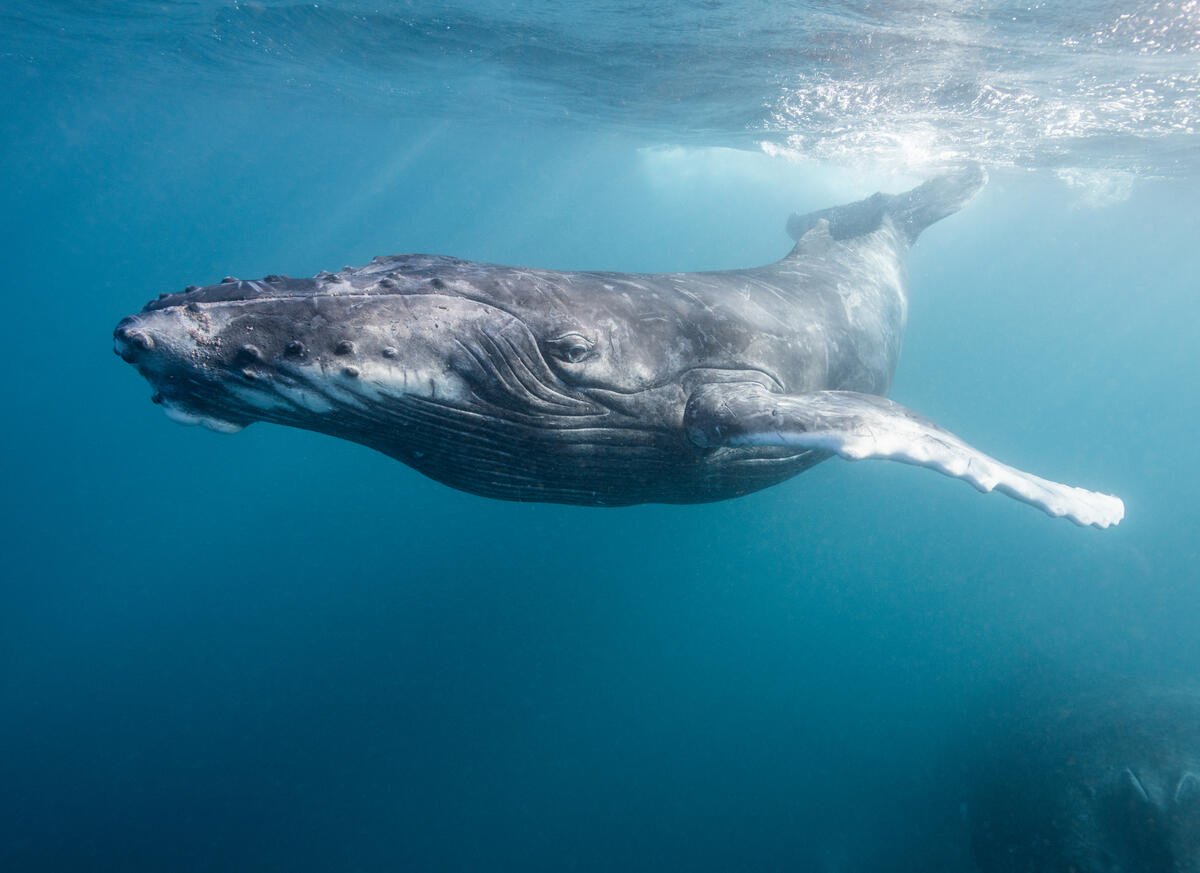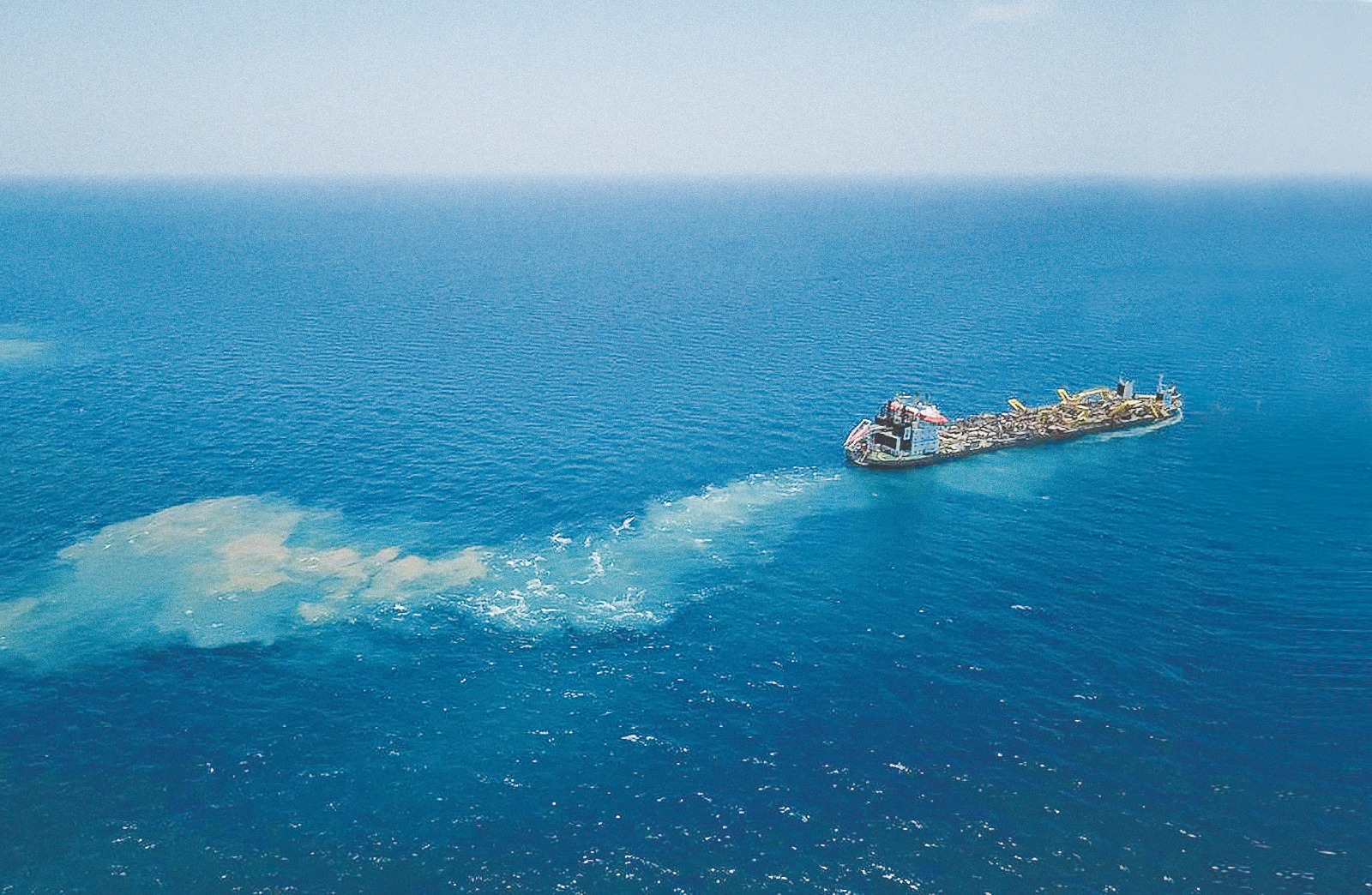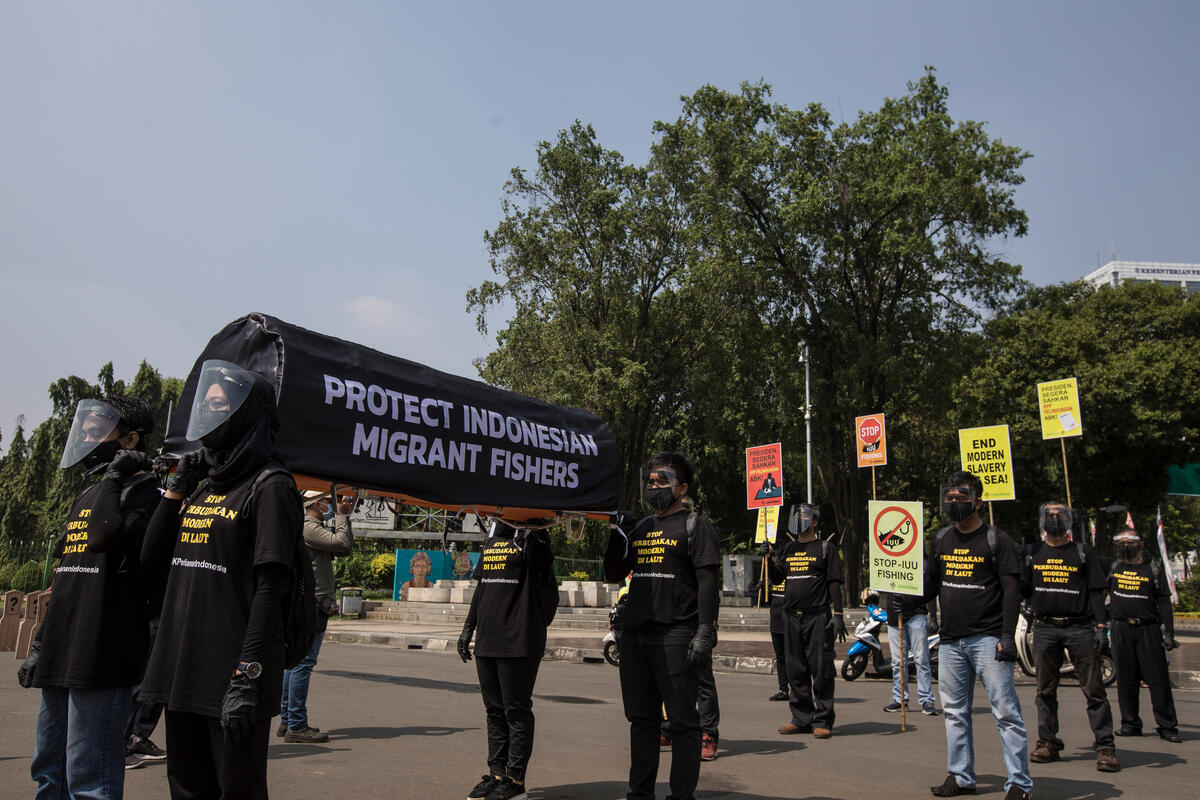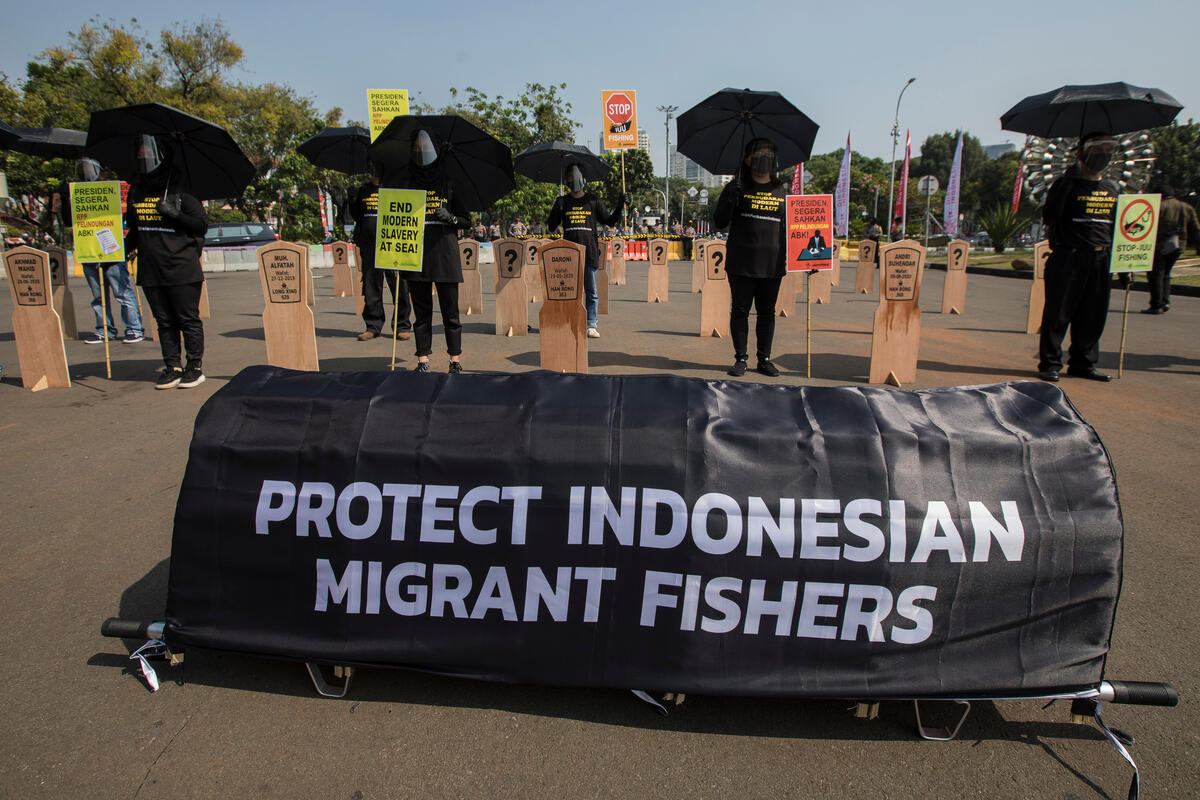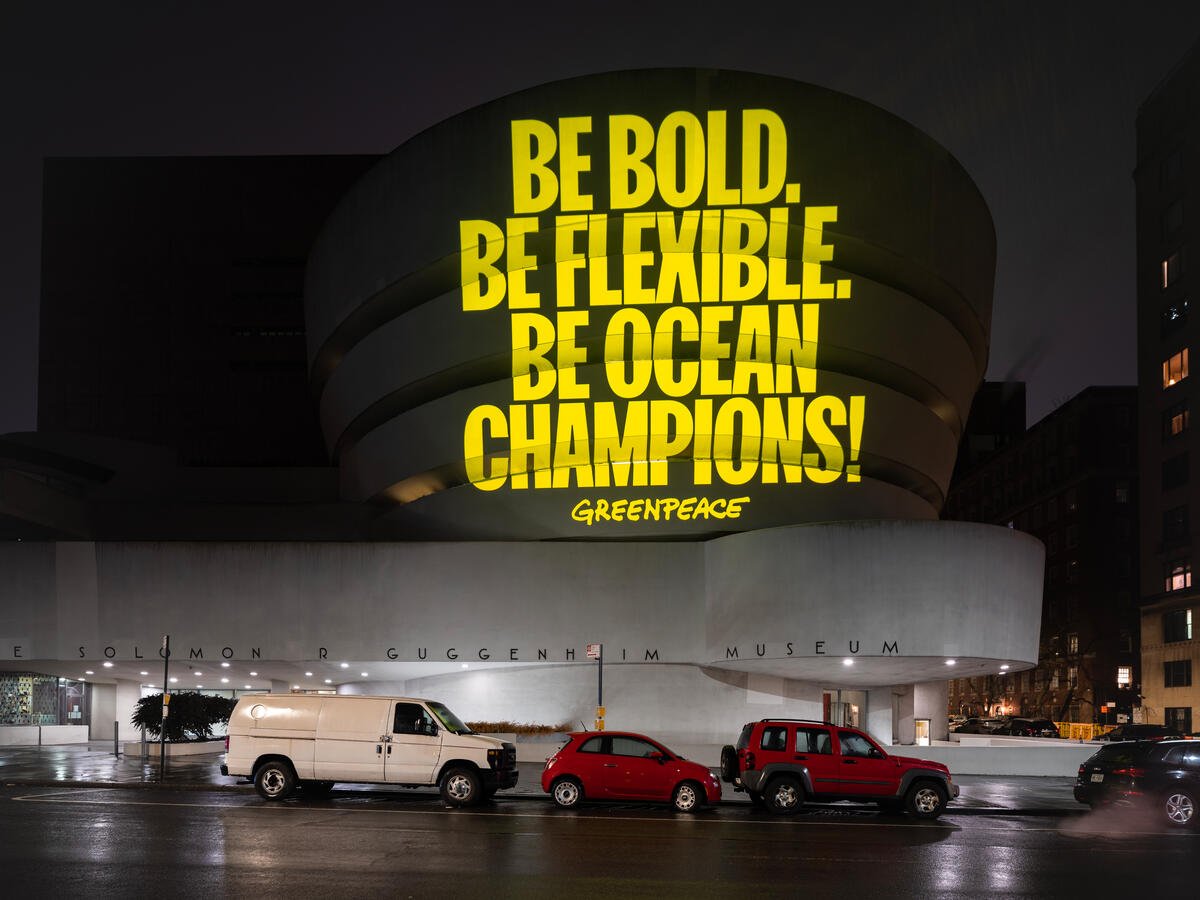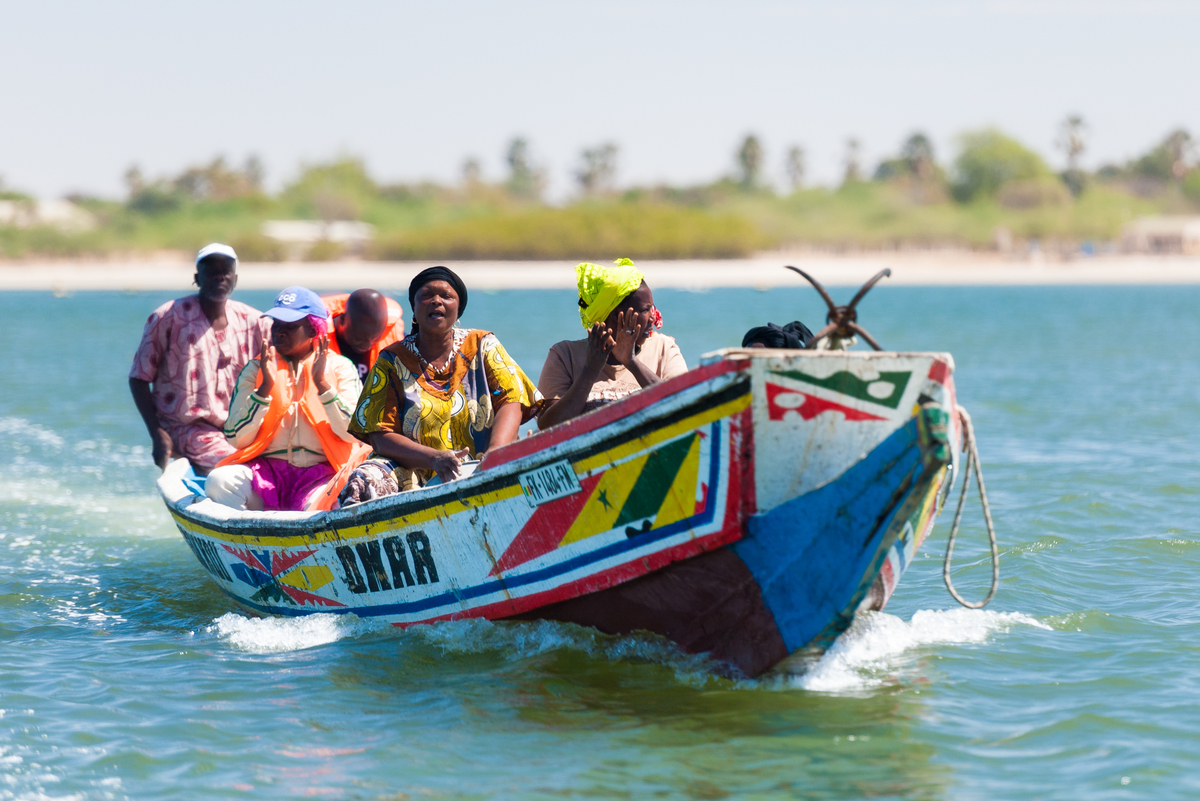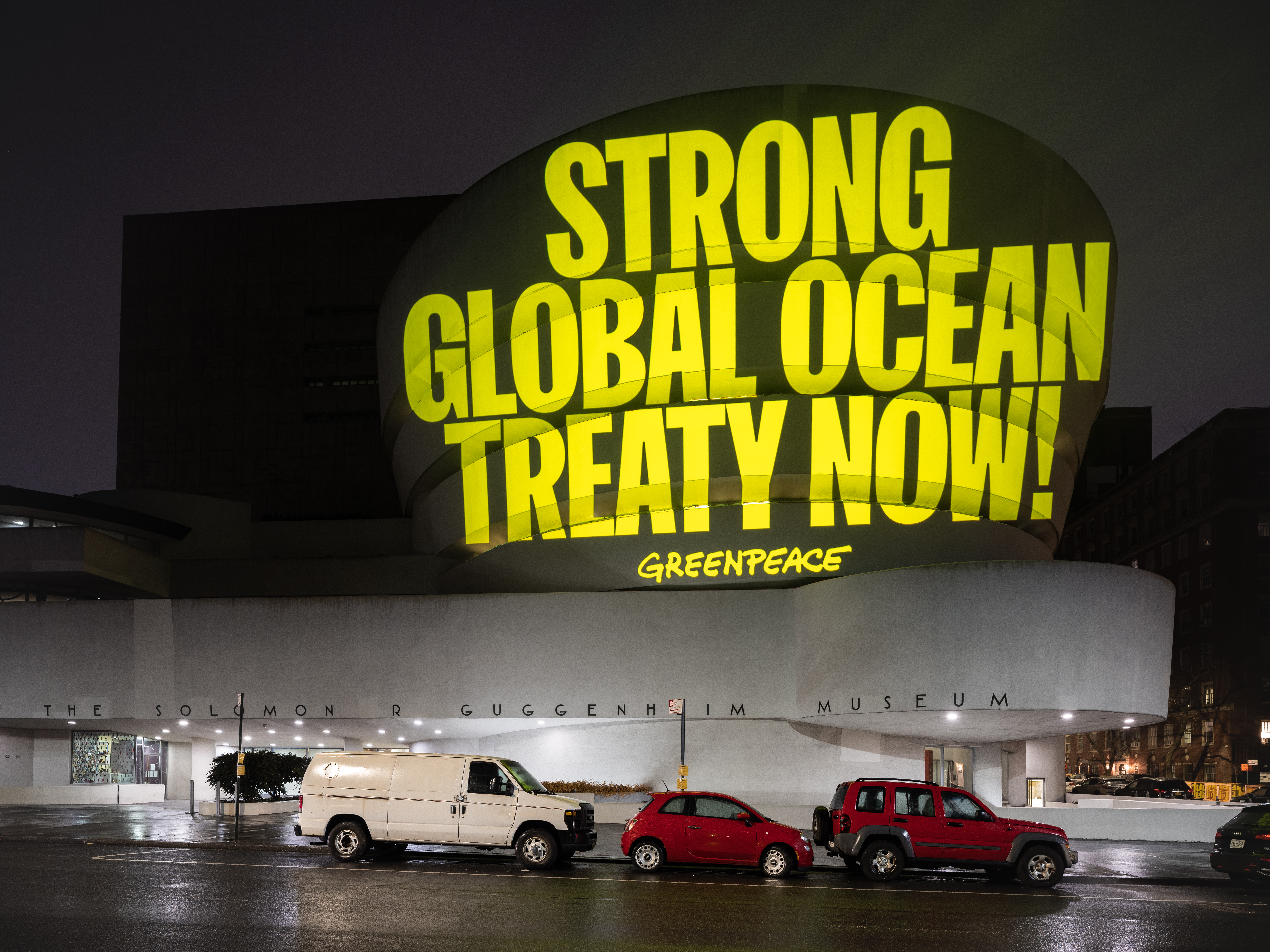All articles
-
ASEAN urged to provide implementing guidelines to protect Southeast Asian migrant fishers and ratify C-188
The ASEAN Declaration on the Placement and Protection of Migrant Fishers is an important first step towards eradicating forced labour and human rights abuses in the fishing industry, but the declaration needs to be actualised in order to make a difference. Together with Team 9, we want ASEAN to move the discussion forward and provide…
-
Tricked and Failed
I could only hope that the Indonesian government finally hears our cries for help and acts on our behalf to strictly enforce laws to end the cycle of abuse. Don’t let any more migrant fishers fall victim to injustice. It should end with me.
-
How we got an Global Ocean Treaty – and what comes next
It has taken decades, but we finally have a Global Ocean Treaty that can deliver the protection the oceans desperately need.
-
Sea sand export returns after a 20 year ban
The Indonesian government had previously banned the export of sea sand. In February 2003, the Minister of Industry and Trade, the Minister of Maritime Affairs and Fisheries, and the Minister of the Environment issued a joint decree which regulated this matter. At that time, the decree was made to prevent environmental damage leading to the…
-
Roadmap For Recommendations For the Ratification of Work in Fishing Convention, 2007
In June 2007, the International Labour Organization (ILO) created the Work in Fishing Convention (No. 188). The ILO C-188 was aimed at ensuring decent working conditions for fishers aboard fishing…
-
Greenpeace on ASEAN’s historic declaration on migrant fishers protection
The declaration is considered a milestone especially for developing countries in Southeast Asia like Indonesia, Vietnam, the Philippines which are considered the world’s biggest “supplier” of migrant fishers as ship crew to the global fishing industry. This victory is not only for migrant workers rights activists, but also for all Southeast Asian migrant fishers.
-
The journey towards migrant workers’ protection in Southeast Asia
Efforts to protect migrant fishing workers is much like climbing in the Himalayas. Very high. Very tough. Very distant.
-
How people power helped protect the oceans
After years of campaigning, a historic international Ocean Treaty has finally been agreed. And it's all thanks to passionate people like you!
-
International Women’s Day: Greenpeace joins fishers demanding women’s rights and access to sea
In time for International Women's Day, Greenpeace and allies call for communities to have preferential access to coastal areas, that they should co-manage these, and that women workers’ active contribution to this process must be guaranteed.
-
Historic UN Ocean Treaty agreed – Greenpeace statement
A historic UN Ocean Treaty has finally been agreed at the United Nations after almost two decades of negotiations.


